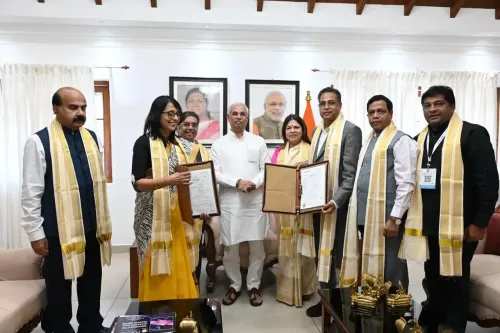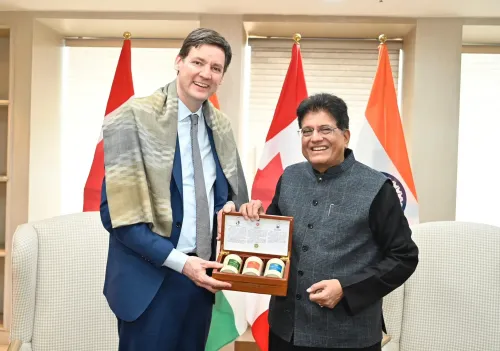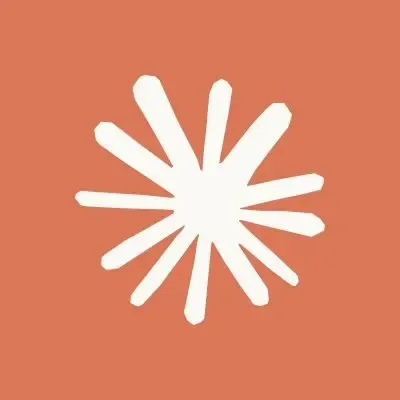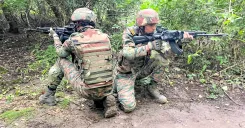How Have Vaccines Saved 38 Million Lives in South-East Asia?
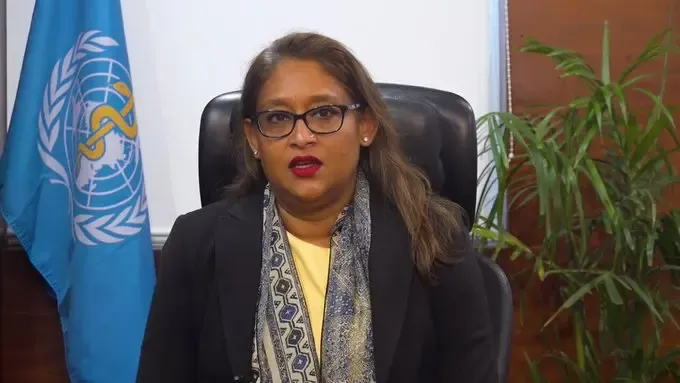
Synopsis
Key Takeaways
- 38 million lives saved in South-East Asia through vaccination.
- World Immunisation Week promotes the importance of vaccines.
- Theme: 'Immunisation for all is humanly possible.'
- Over 40 million pregnant women vaccinated annually.
- Challenges include vaccine hesitancy and funding issues.
New Delhi, April 29 (NationPress) Vaccines have saved 38 million lives in South-East Asia, including India, according to the World Health Organization (WHO) on Tuesday during the annual World Immunisation Week.
This significant week occurs each year in the last week of April (24th-30th) to advocate for the utilization of vaccines that protect individuals of all ages from various diseases.
“Every year, during the last week of April, we unite to honor World Immunisation Week — a vital reminder of the life-saving benefits of vaccines. The theme for this year, 'Immunisation for all is humanly possible,' emphasizes our shared dedication to safeguarding every person, regardless of age, from diseases that can be prevented by vaccination,” stated Saima Wazed, Regional Director of WHO South-East Asia.
She highlighted that over the past fifty years, “vaccines have prevented more than 154 million deaths worldwide — that's an average of six lives every minute.”
“Our WHO South-East Asia Region has taken a leading role, with approximately 38 million lives saved in this area,” Wazed remarked.
Importantly, the region has achieved a wild poliovirus-free status and has also eliminated maternal and neonatal tetanus as a significant public health issue.
“Four of our nations have successfully eliminated measles, five have conquered rubella, and six have controlled hepatitis B through vaccination efforts. These achievements have resulted in remarkable improvements in childhood survival rates,” noted the Regional Director.
“In the last two years, three countries have initiated national HPV vaccination programmes, marking a significant advancement in protecting the health of adolescents,” she added.
Additionally, the region proudly administers vaccines to over 40 million pregnant women and 37 million newborns annually, contributing to 46 percent of the world's vaccine supply.
However, “more than 2 million children are still completely unvaccinated,” Wazed pointed out, underscoring the ongoing need for efforts as the risk of outbreaks from vaccine-preventable diseases is increasing globally.
She also observed that shrinking global health budgets are putting added pressure on vaccination programs, surveillance systems, and outbreak response capabilities.
Wazed called for increased investment in routine immunization, the adoption of innovations, and the fight against vaccine hesitancy.
“On World Immunisation Week, let us join forces in spreading the message that vaccines are safe, that they save lives, and that vaccination for everyone is crucial,” she concluded.



